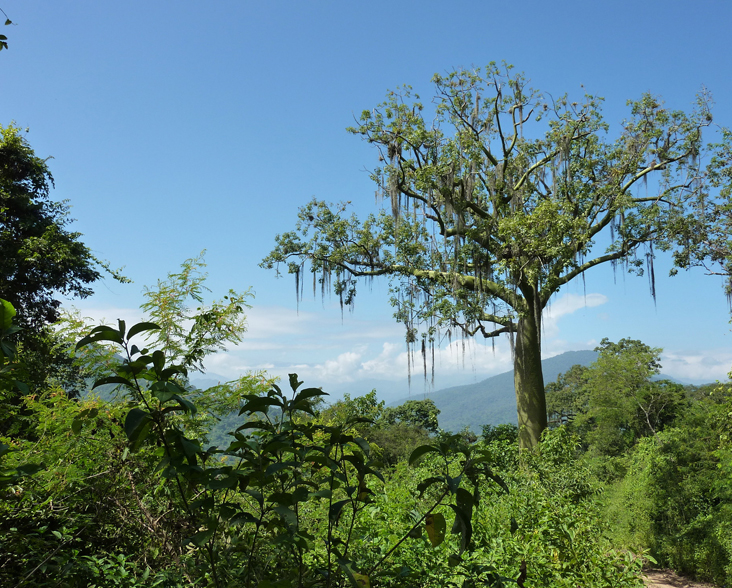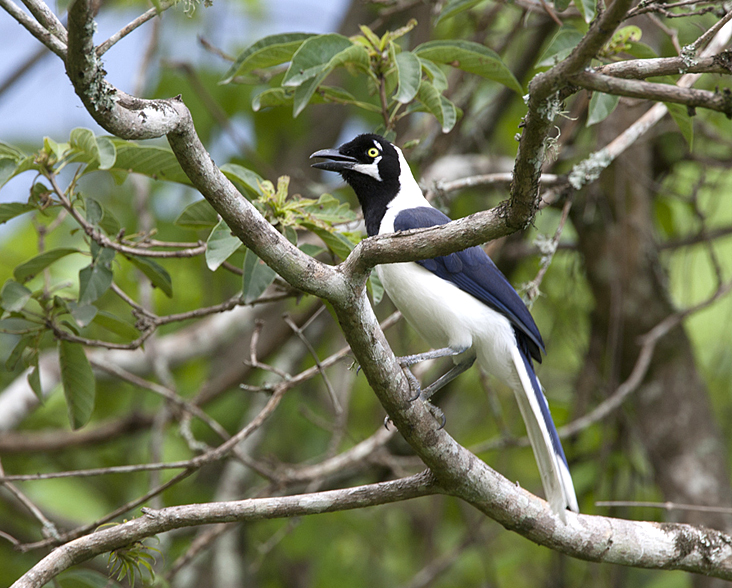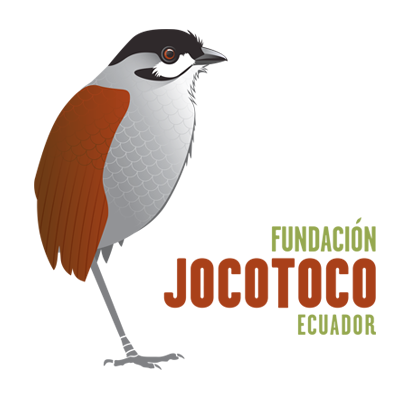Ecoregion: Ecuadorian Dry Forest
Key Species: King Vulture, Henna-hooded Foliage-gleaner, White-tailed Jay
Jorupe Reserve is located in the Tumbesian forest, at the very southern tip of Ecuador, close to the Peruvian border and protects many Tumbesian endemic species.
Project PartnerFundación Jocotoco

Conservation Action
Jorupe consists of quality deciduous forest dominated by statuesque Ceiba trees. The Tumbesian forest is a conservation priority because much of it is already cleared or badly degraded.
Increasing population pressure and forest destruction for agriculture has resulted in much of the Tumbesian dry forest being cleared or badly degraded. Only one percent of forest here remains in good condition and many endemic species are in danger of extinction.
WLT has supported reforestation at the Jorupe Reserve since 2006 and by 2010 over 110,000 new trees had been established on some 247 acres (100 hectares) of previously degraded lands. This has helped to expand and link formerly isolated forest patches, extending the continuous habitat available for wildlife at the reserve.
Biological Importance
To date, nearly 190 species of birds have been found at Jorupe, including Pale-browed Tinamou, Grey-cheeked Parakeet, Slaty Becard, Grey-breasted Flycatcher, Elegant Crescentchest, Blackish-headed Spinetail, Rufous-necked Foliage-gleaner, Henna-hooded Foliage-gleaner, White-tailed Jays, Watkins’ Antpitta, Black-capped Sparrow, King Vulture and White-edged Oriole. Of these, there are 15 globally threatened and near-threatened species.

Community involvement
Jocotoco works closely with communities living around the Jorupe Reserve. Some local land owners, having sold forest sites to Jocotoco, are now reserve wardens and passionate local advocates for forest conservation.
Jorupe is located a few kilometres northeast of Macará, allowing convenient access for educational visits. Communities also derive livelihood benefits from tourists visiting the reserve.
The reserve’s forested slopes capture rainwater and moisture during the short wet season and slowly release it into the Jorupe River, the source of clean drinking water for Macará. Jocotoco was awarded a medal by the people of Macará as an acknowledgement of these ecosystem services.
